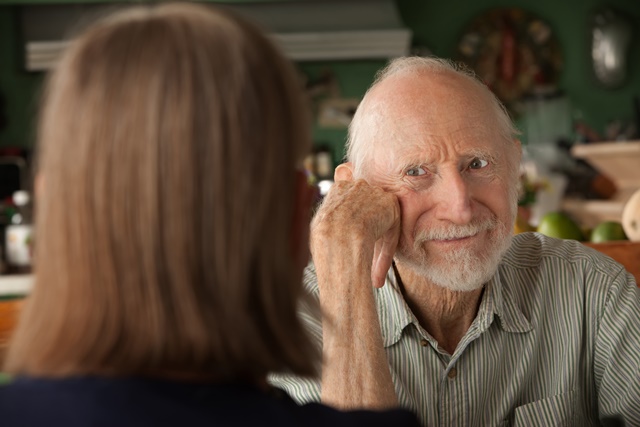There are dynamics within every family that can make your role as a family caregiver challenging.
How do you help someone who needs it, especially if that person needs more care and support but may be reluctant (or refuse) to accept it?
Elizz Caregiving offers the following tips for family caregivers on helping someone who refuses help:
- Plant the seed. You may need to revisit a topic more than once, and in different ways. Your suggestions may not be taken now, but leave the door open for later.
- Ask the person to tell you more about his or her feelings about receiving help. Use open questions that require a sentence or more to answer and try to avoid closed questions that only result in a yes or no answer.
- Provide written information on the resources or services you want to help with, and let them read it over at their leisure.
- Give several options for the care situation.
- Talk about resources or care options with a “let’s try it” approach, with no pressure.
- Avoid phrases that tend to shut down conversations like, “Don’t worry about that,” “you’re not listening to me,” or “you don’t know – you may like it.”
- Share your own fears and emotions if the person seems reluctant to tell you what he or she is feeling. You may help break the ice.
- Listen more. Talk less.
- Offer to have a professional or expert talk with the family – an unbiased outsider who can give recommendations.
- Don’t ask the person to make immediate decisions.
- Help the person focus on what he or she is still able to do independently.
Ultimately, as a family caregiver, you need to respect the person’s wishes and their right to live with their own choices. Try to help create a safe care plan that respects these wishes, even if you are not as comfortable with them.
Strategies for creating a safe care plan for helping someone who refuses help:
- Leave a set of house keys with trusted neighbours.
- Arrange for someone to call or visit the person in your care once a day.
- Kitchen safety: Use an automatic shut off kettle or toaster oven, remove fuses for the stove, put burners on a timer, shut off gas, and lower the hot water temperature. See our Elizz article on home safety tips.
- Have an emergency call system in place.
- Get external help with tasks such as housekeeping and meals (e.g., home support services, Meals on Wheels, microwaveable prepared dishes, etc.)
- Remove all unnecessary clothes, shoes and coats.
- Medication safety: Use blister packs, and have someone call to remind the person about taking their medication(s).
Adapted from the Alzheimer’s Society brochure on Tough Issues Living Alone.
Reprinted with permission from Elizz.com


